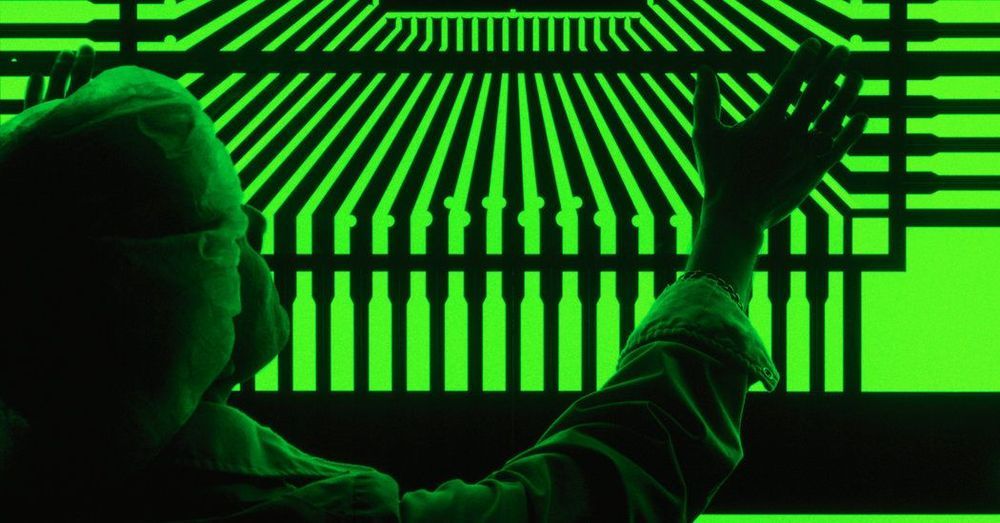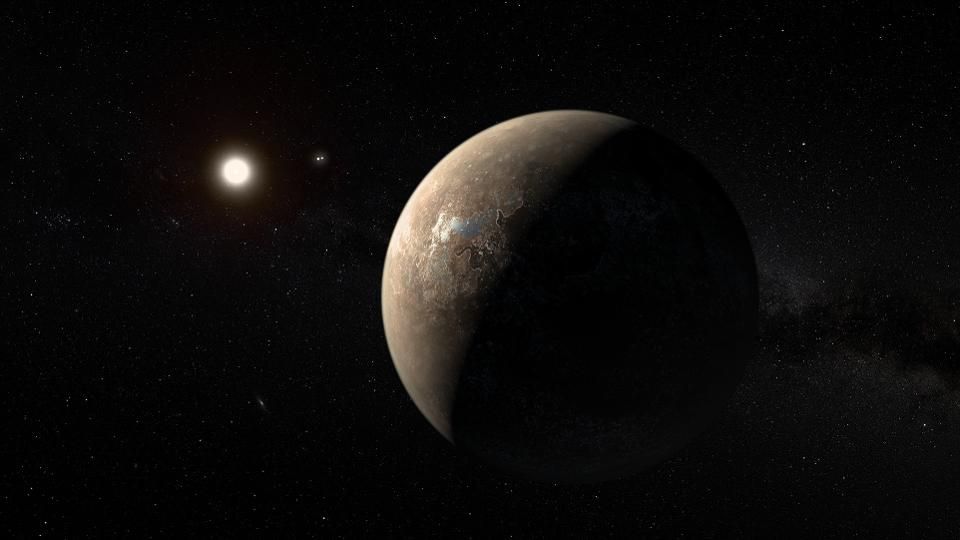A drug that helps people after organ transplants has extended the lives of fruit flies, worms, and mice. The next step is to see what it will do for our pets.



But in recent years, Americans — Silicon Valley leaders included — have put too much faith in the private sector to ensure U.S. global leadership in new technology. Now we are in a technology competition with China that has profound ramifications for our economy and defense — a reality I have come to appreciate as chairman of two government panels on innovation and national security. The government needs to get back in the game in a serious way.
We can’t win the technology wars without the federal government’s help.



A novel coronavirus that first appeared in Wuhan, China, in December continues to sicken tens of thousands of people around the world – and scientists are working round the clock to better understand the virus, contain the outbreak, and treat the disease.
In the weeks since the outbreak, the disease has been named COVID-19 by the World Health Organization. (The virus itself has been named SARS-CoV-2 by the International Committee on Taxonomy of Viruses).
UC San Francisco infectious disease expert Charles Chiu, MD, PhD, has been following the disease since its outbreak and provided the latest updates on what science has revealed about how the coronavirus is transmitted, what happens to someone who’s infected, and why a single diagnostic test may not be enough.
This colorized, 4K footage of New York City in 1911 will transport you to a different era.
This wearable chair will help doctors through long surgeries.


POPE Francis cancelled a church service today after he was struck down with illness.
The 83-year-year-old pontiff was not well enough to attend the mass, although there is no suggestion at this stage he has coronavirus as the outbreak in Italy topped 500 cases.
The Pope covered his mouth as he coughed.

Wuhan coronavirus pandemic — US strategic response.
“It’s going to disappear. One day it’s like a miracle, it will disappear,” said Trump.
President Donald Trump expressed optimism Thursday that the novel coronavirus would eventually be contained and eliminated in the United States, even as he acknowledged it could get worse first.
“It’s going to disappear. One day it’s like a miracle, it will disappear,” Trump told attendees at an African American History Month reception in the White House Cabinet Room. The World Health Organization says the virus has “pandemic potential” and medical experts have warned it will spread in the US.
The President added that “from our shores, you know, it could get worse before it gets better. Could maybe go away. We’ll see what happens. Nobody really knows.”